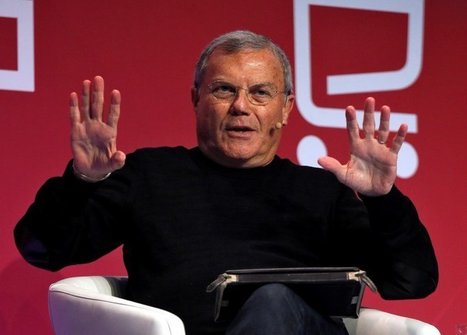It's unclear if the Brexit will have any specific effects on the digital media industry in the short or long term, but there are numerous potential consequences already on the table.
Earlier this month, Group M, the global media arm of WPP, tweaked its TV and newspaper ad spend forecast to compensate for a potential Brexit, according to The Guardian. Previous forecasts said U.K. TV ad spend would grow 7.1% in 2016, but that number drastically reduced to 2.6%. Furthermore, Group M lowered its total U.K. ad spend growth estimates from 7.2% to 6.3%.
This decrease stemmed from ad buyers' hesitation to spend money in the weeks before the referendum. Had the U.K. voted to remain in the EU, the ad market likely would have stabilized. But a vote to leave would have placed more downward pressure on U.K. ad spend, according to Sir Martin Sorrell, the CEO of WPP.
But even with these adjustments, the estimates still place the U.K. as one of the fastest-growing ad markets.
Research and publish the best content.
Get Started for FREE
Sign up with Facebook Sign up with X
I don't have a Facebook or a X account
Already have an account: Login
Social marketing, PR insight & thought leadership - from The PR Coach
Curated by
Jeff Domansky
 Your new post is loading... Your new post is loading...
 Your new post is loading... Your new post is loading...
|
|












What's ahead for the UK media industry after Brexit?